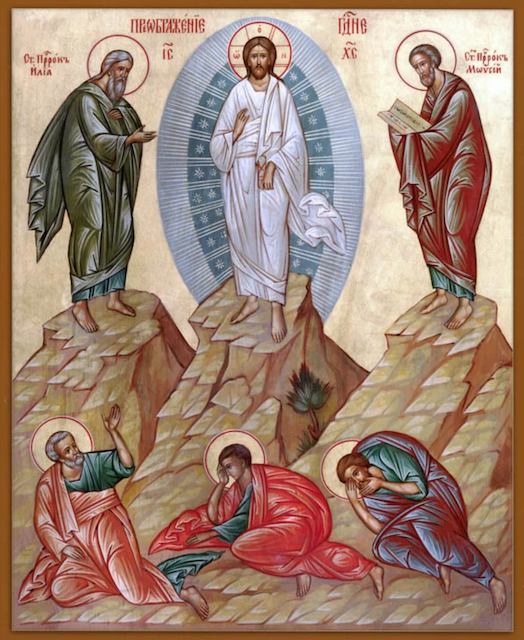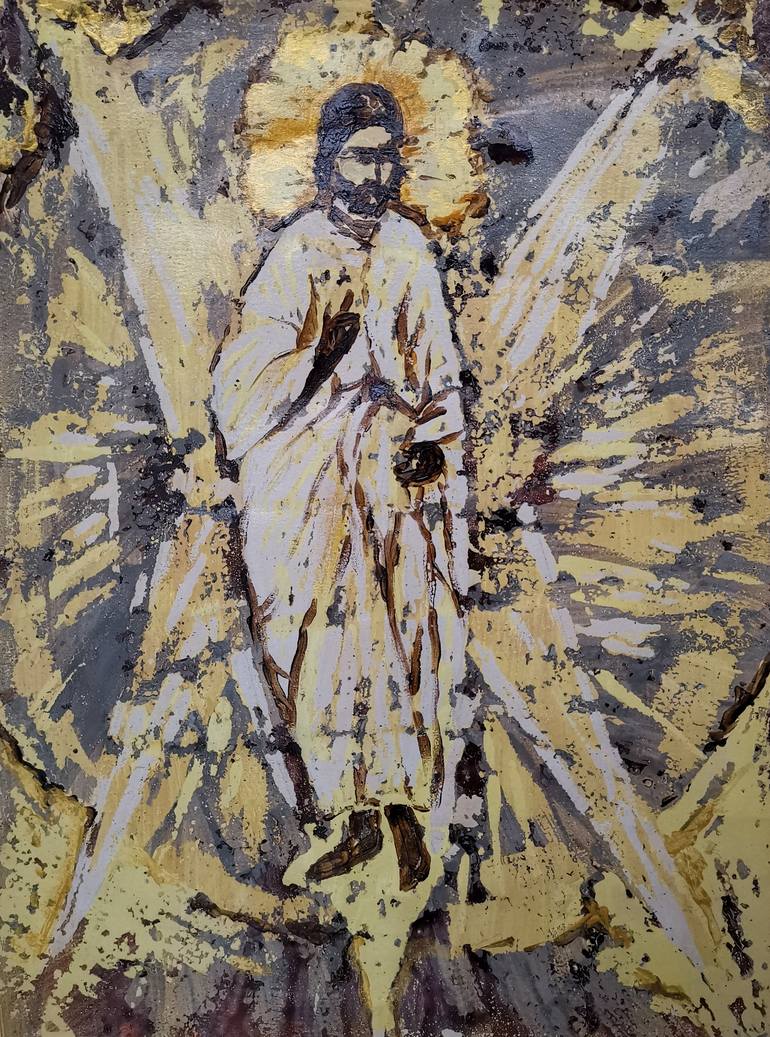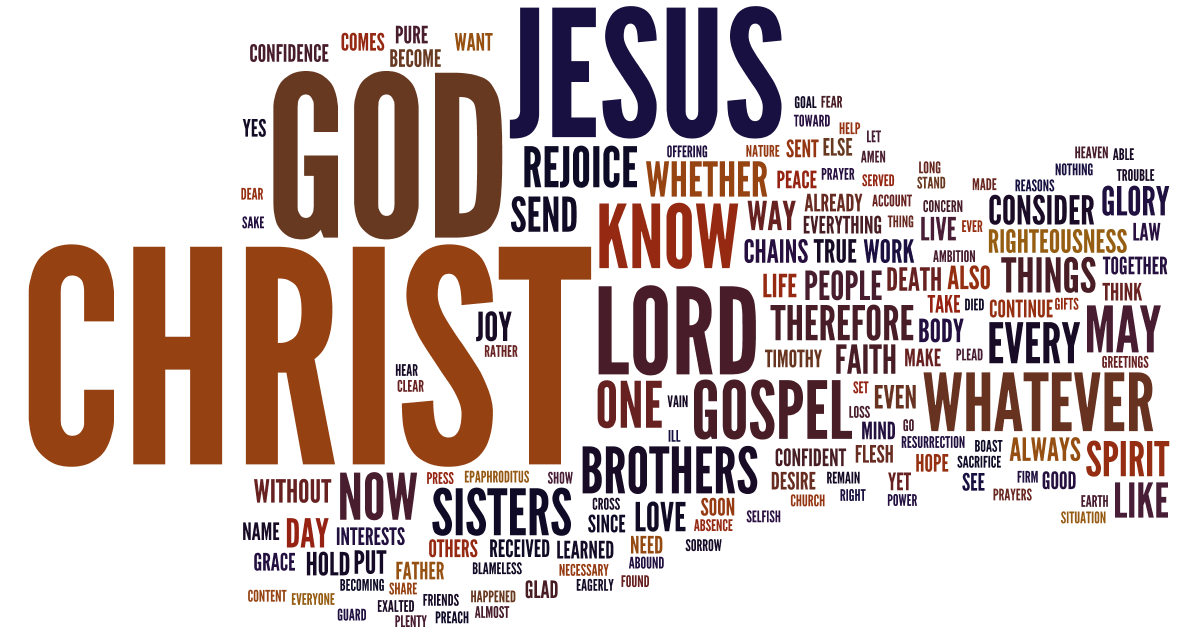The Benedictus is a biblical song (or ‘canticle’) comprising the text of Luke 1:68–79. It takes its name from the first word of the Latin text, Benedictus Dominus Deus Israel ...(‘Blessed be the Lord God of Israel …’)
The Benedictus is recited during a traditional service of Morning Prayer where it usually concludes with the so-called doxology ‘Glory be to the Father …’ which was added much later.
This canticle has been called ‘The Song of Zechariah’ since the earliest years of Christianity. In context, Zechariah was a high priest in Jerusalem. He and his wife Elizabeth were childless which, in those days, as interpreted as a result of divine displeasure. One day, Zechariah was ministering in the temple when he saw the Archangel Gabriel in a vision, who told him that he would soon be the father of John the Baptist, who would be ‘Great in the sight of God’ (Luke 1:5–25).
Things then went wrong: Gabriel punished Zechariah and struck him dumb. He seems to have said something that was taken for dis�belief in God’s providence, although the encounter looks extremely similar to the Virgin Mary’s almost identical conversation with Gabriel after which she was blessed.
Nine months later after the encounter, after John the Baptist was born, John the Baptist’s family gathered to choose a name for the mir�aculous baby. Elizabeth seemed to override her husband’s choice of name for the baby, Zechariah agreed, and his dumbness was rev�ersed. The Benedictus therefore represents Zechariah’s first words after�wards, as a hymn of praise in reaction to his re-acceptance by God.
The words of the Benedictus offer a Jewish way of praising God. They also prophesy that the baby will grow to become a spiritual giant. For example, God speaks through Zechariah’s newly opened mouth (in verse 7, opposite) saying that John will be the forerunner to the Messiah. That he calls Jesus ‘Lord’ implies divinity. The phrase ‘dawn from on high’ is often taken to refer to Isaiah 9:2–7, ‘The people walking in darkness have seen a great light; on those living in the land of deep darkness a light has dawned’, which is a classic messianic text that is read for example on Christmas Day.
1 Blessed be the Lord the God of Israel, ♦
who has come to his people and set them free.
2 He has raised up for us a mighty Saviour, ♦
born of the house of his servant David.
3 Through his holy prophets God promised of old ♦
to save us from our enemies,
from the hands of all that hate us,
4 To show mercy to our ancestors, ♦
and to remember his holy covenant.
5 This was the oath God swore to our father Abraham: ♦
to set us free from the hands of our enemies,
6 Free to worship him without fear, ♦
holy and righteous in his sight all the days of our life.
7 And you, child, shall be called the prophet of the Most High, ♦
for you will go before the Lord to prepare his way,
8 To give his people knowledge of salvation ♦
by the forgiveness of all their sins.
9 In the tender compassion of our God ♦
the dawn from on high shall break upon us,
10 To shine on those who dwell in darkness and the shadow of death, ♦
and to guide our feet into the way of peace.
Glory to the Father and to the Son
and to the Holy Spirit;
as it was in the beginning is now
and shall be for ever.
Amen.







